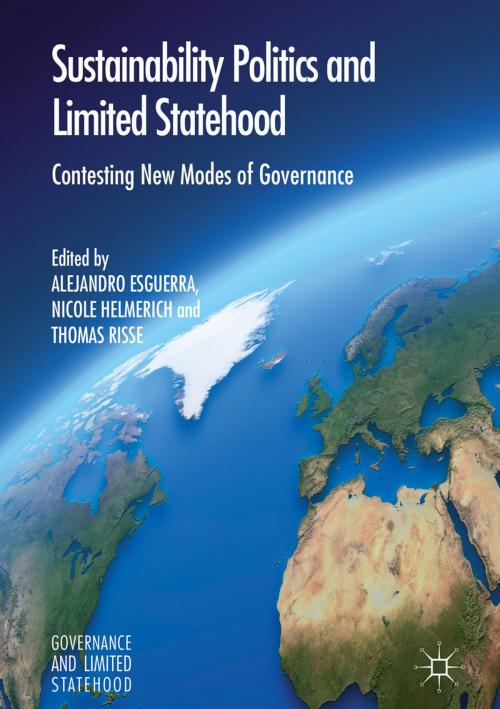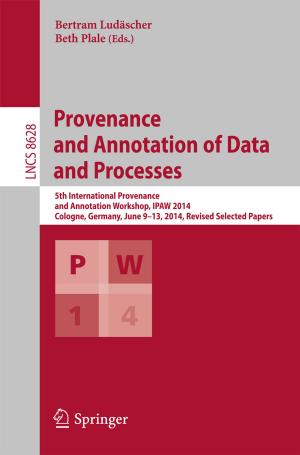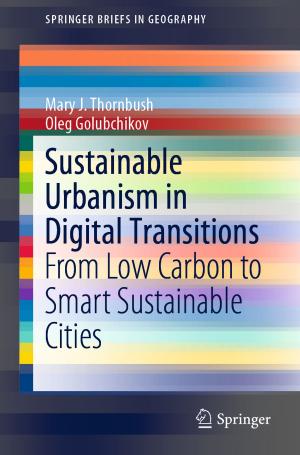Sustainability Politics and Limited Statehood
Contesting the New Modes of Governance
Nonfiction, Social & Cultural Studies, Political Science, International, International Relations, Politics, History & Theory| Author: | ISBN: | 9783319398716 | |
| Publisher: | Springer International Publishing | Publication: | November 25, 2016 |
| Imprint: | Palgrave Macmillan | Language: | English |
| Author: | |
| ISBN: | 9783319398716 |
| Publisher: | Springer International Publishing |
| Publication: | November 25, 2016 |
| Imprint: | Palgrave Macmillan |
| Language: | English |
The contributors to this book critically examine the performance of new modes of governance in areas of limited statehood, drawing on a range of in-depth case studies on issues of climate change, biodiversity, and health. The Paris Agreement for Climate Change or the Sustainable Development Goals (SDGs) rely on new modes of governance for implementation. New modes of governance such as market-based instruments, public-private partnerships or stakeholder participation initiatives have been praised for playing a pivotal role in effective and legitimate sustainability governance. Yet, do they also deliver in areas of limited statehood? States such as Malaysia or the Dominican Republic partly lack the ability to implement and enforce rules; their domestic sovereignty is limited. Exploring this perspective on governance, the authors demonstrate that areas of limited statehood are not ungoverned or ungovernable spaces. The book elaborates how and under what conditions new modes of governance emerge in areas of limited statehood, and examines their relative effectiveness.
The contributors to this book critically examine the performance of new modes of governance in areas of limited statehood, drawing on a range of in-depth case studies on issues of climate change, biodiversity, and health. The Paris Agreement for Climate Change or the Sustainable Development Goals (SDGs) rely on new modes of governance for implementation. New modes of governance such as market-based instruments, public-private partnerships or stakeholder participation initiatives have been praised for playing a pivotal role in effective and legitimate sustainability governance. Yet, do they also deliver in areas of limited statehood? States such as Malaysia or the Dominican Republic partly lack the ability to implement and enforce rules; their domestic sovereignty is limited. Exploring this perspective on governance, the authors demonstrate that areas of limited statehood are not ungoverned or ungovernable spaces. The book elaborates how and under what conditions new modes of governance emerge in areas of limited statehood, and examines their relative effectiveness.















